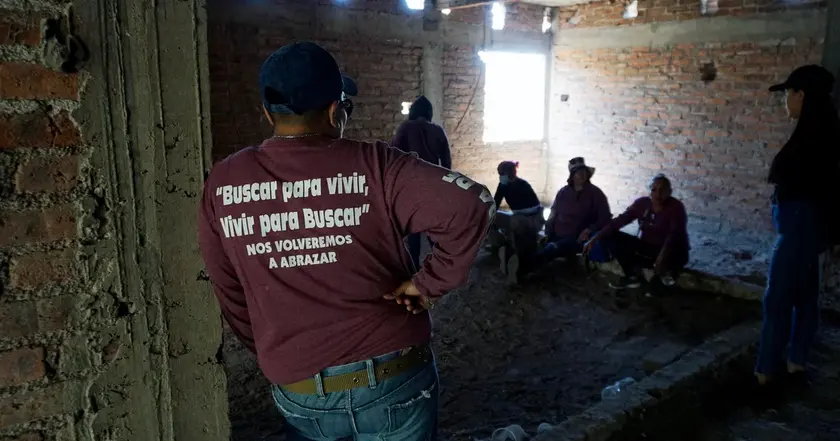T4K3.news
Mexico extradites 26 cartel figures to the United States
Mexico transfers 26 cartel leaders to U.S. custody in a high-profile extradition amid wider security cooperation with the Trump administration.
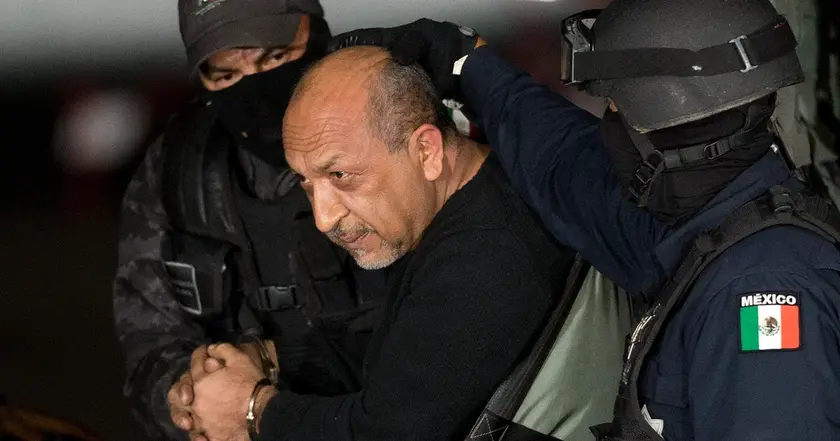
A high-profile extradition reinforces security ties as both nations press to curb cartel violence.
Mexico extradites 26 cartel figures to the United States
Mexico handed over 26 cartel leaders to U.S. custody on Tuesday, including Abigael Gonzalez Valencia of Los Cuinis who is connected to the CJNG. Others in the group have ties to the Sinaloa cartel and other networks. The transfers come amid ongoing cooperation with the Trump administration and a recent DOJ policy not to seek the death penalty for those extradited this time. The February transfers included 29 cartel figures, highlighting a pattern of joint action on narcotics and violence across the border.
The move unfolds in a broader political moment. Washington has tied security cooperation to broader policy goals, while Mexico has stressed sovereignty and pushed back on external pressure. The two countries also referenced diplomatic talks over tariffs, with Mexico agreeing to delay proposed tariffs to give negotiations space. President Claudia Sheinbaum has signaled willingness to cooperate on security but rejected suggestions of military intervention. The case also notes the designation of CJNG and other cartels as foreign terrorist organizations, a development that shapes how U.S. and Mexican authorities pursue these groups.
Key Takeaways
"These fugitives will now face justice in U.S. courts, and the citizens of both of our nations will be safer from these common enemies."
Statement by U.S. Ambassador to Mexico Ronald Johnson on the transfer
"These 26 men have all played a role in bringing violence and drugs to American shores; under this Department of Justice, they will face severe consequences for their crimes against this country."
Attorney General Pam Bondi on the extraditions
"No invasion of Mexico."
President Claudia Sheinbaum responding to security pressure and sovereignty concerns
The transfers signal a real and practical tightening of cross-border law enforcement. They show that when both governments align their priorities, criminal networks can be disrupted more quickly. But the action sits at a delicate political fulcrum. Mexico defends sovereignty while facing pressure from a powerful neighbor, and the use of terrorist-label designations raises questions about how policy tools translate into everyday security gains. Expect scrutiny at home about whether such extraditions are a durable strategy or a temporary tactic tied to tariff talks and political incentives.
Beyond crime data, the episode reveals how policy leverage intertwines with diplomacy. The death-penalty concession in these cases contrasts with public calls for accountability and could influence future negotiations on border security, immigration, and economic policy. The real test will be whether these operations reduce violence in Mexican cities and American streets without inflaming political divides at home.
Highlights
- Justice travels on a shared map between nations.
- Borders do not shield cartels from accountability.
- Sovereignty matters even in the fight against crime.
- Cooperation can sharpen the blade of punishment.
Cross-border policy and sovereignty risk
The piece flags sensitive political issues and potential backlash as the United States pressures Mexico over security policy. Extraditions and the terrorist designation of cartels could heighten domestic debate and diplomatic frictions.
Observers will watch how this pact translates into safer streets and clearer lines of accountability.
Enjoyed this? Let your friends know!
Related News
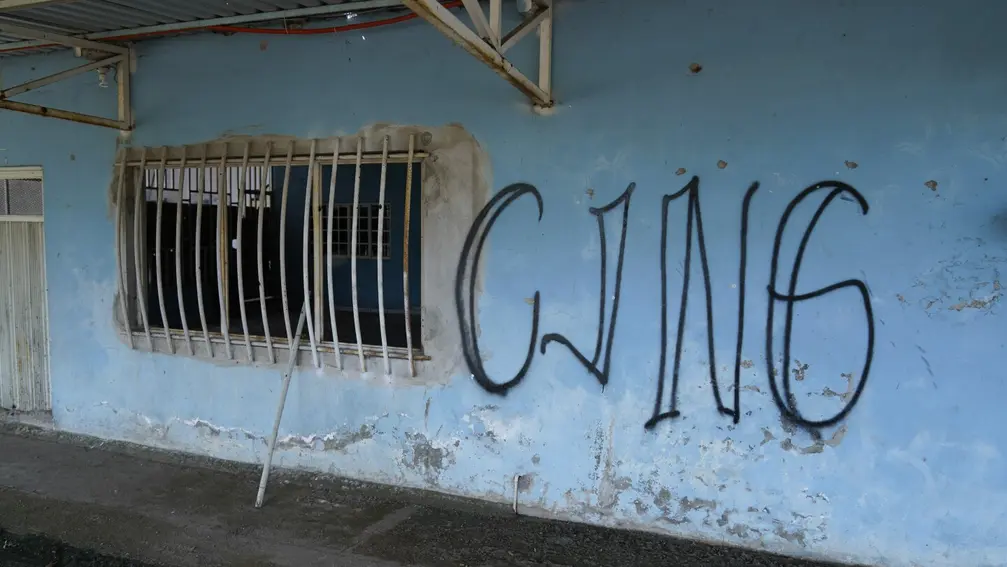
Cartel figures handed to U.S. authorities

Trump administration sanctions El Makabelico over alleged cartel ties

Trump order to target cartels faces Mexican pushback
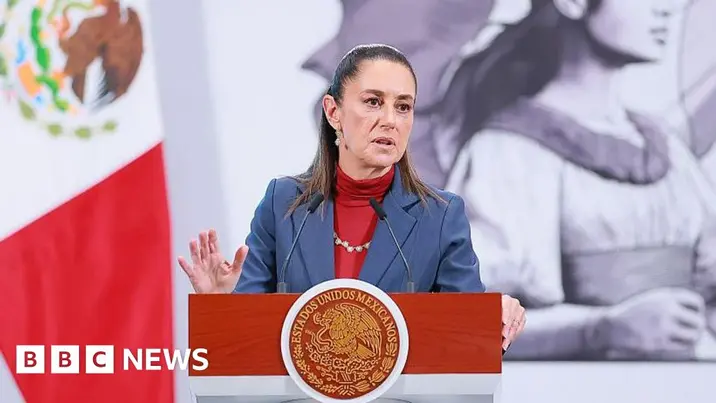
Mexico rejects Trump plan against cartels

Manchester United bets on new attack
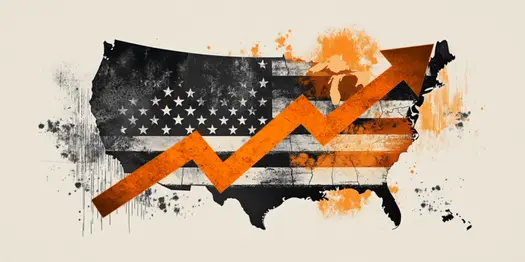
Gold prices decline as inflation data shifts Fed rate outlook
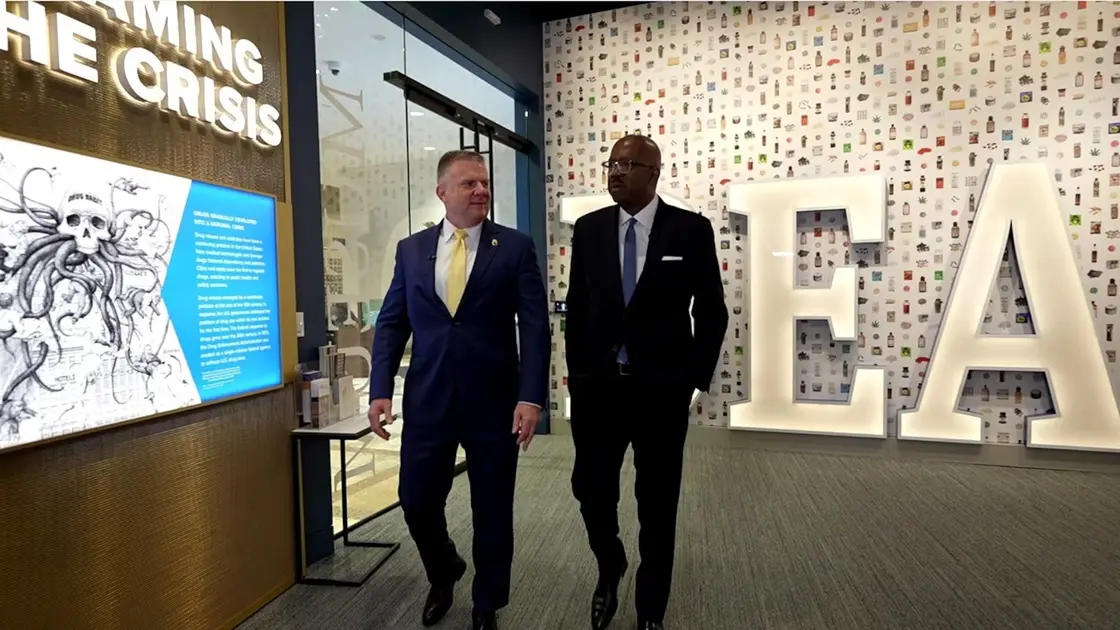
DEA reports growing meth crisis targeting young adults
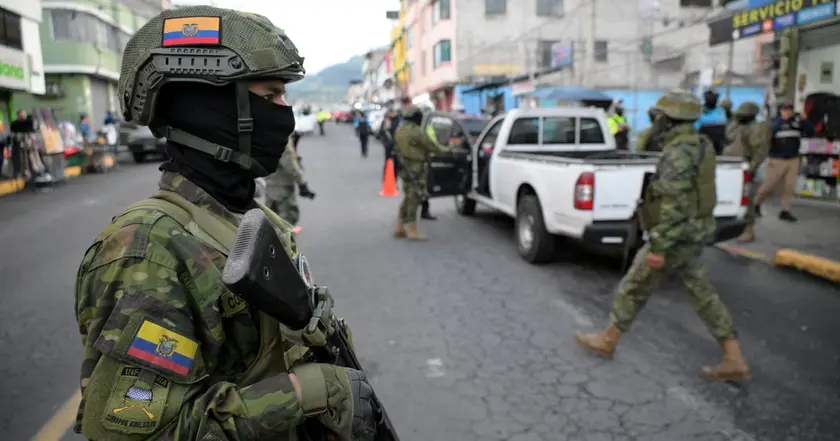
Ecuador battles rising drug gang violence
